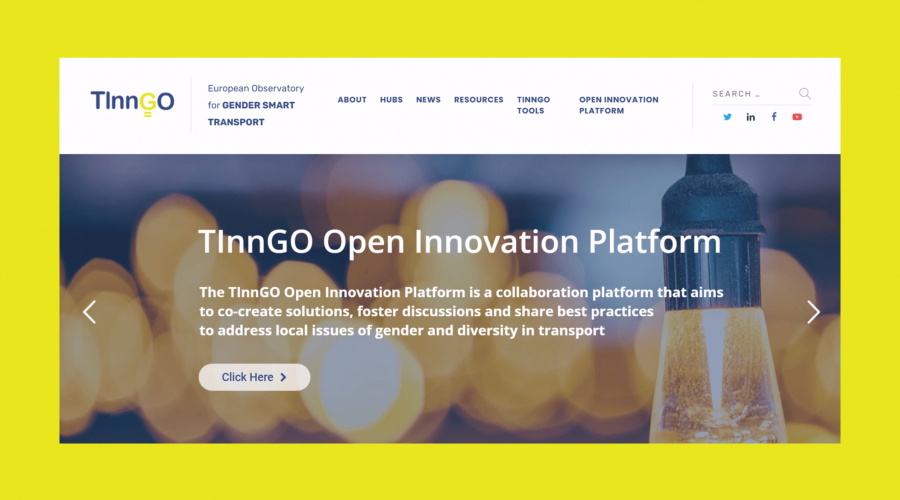How do people belonging to vulnerable groups travel in the West Midlands and what changes would they like to see? Research, conducted in 2018, seeks answers to these questions. It included both quantitative surveying of 709 people and qualitative focus groups of 70+ participants.
Who are the vulnerable groups?
The following categories were used: Disabled (66%), Low Incomes (15%), Young People With Needs (11%), Unemployed (10%), Multiple Complex Needs (8%), Elderly (6%). Some people fell into various categories.
What barriers do they identify in transport use?
- Respondents feel unsafe while travelling (36%)
- Respondents feel that the buses do not go in the direction they wanted (36%)
- The bus fares do not offer good value for money (48%)
“Sometimes they have announcements, but I couldn’t hear, no one has checked if you can hear announcements, it’s frightening when don’t know which station is coming next and where to get off”
(Focus group participant from Birmingham: female, visually impaired)
It is important to note that only 6% of respondents said to have no reason for travel. Other answers show that people of vulnerable groups travel regularly, with either a WMCA card or a self-funded way. Therefore, it is crucial to make the services more functional and useful for them.
“If you had to get somewhere on a timely basis, [Ring and Ride is] just not workable…it might be cheaper but it’s not time cheap”
(Focus group participant from Birmingham: male, visually impaired)
What change would they like to see?
- Reduced taxi fares (80%)
- Free annual ticket (78%)
- Cheaper travel (73%)
- Travel advice when planning a journey/buying a ticket (68%)
- Door to door minibus/shared taxi (57%)
- Travel advice and support when making a journey (55%)
- Cycle/motorbike loans (23%)
“I’ve got to go and spend money to look for a job…money I spend on a ticket and I have no money for food’
(Focus group participant from Birmingham: male, unemployed)
Among Young People With Needs, the Unemployed and those with Multiple Complex Needs, cheaper travel would be the most desired solution. Among the Disabled and the Elderly, it would be reduced taxi fares. This shows that travelling means a huge financial burden for many people of vulnerable groups.
“Taxi is last resort…I can’t afford them…would use them every day if had choice as they know where they are going, would love to use them or have a subsidy”
(Focus group participant from Birmingham: male, with learning disability)
Based on both the quantitative and the qualitative study, authors of the report have come out with several recommendations, which concern many different aspects of transport. From the general improvement of accessibility, staff training and more information, there are ideas for cheaper travelling, travel buddy/support schemes, carer pass, and more promotion of existing schemes like Workwise, too.
Read the full report on the TInnGO Data Repository!





